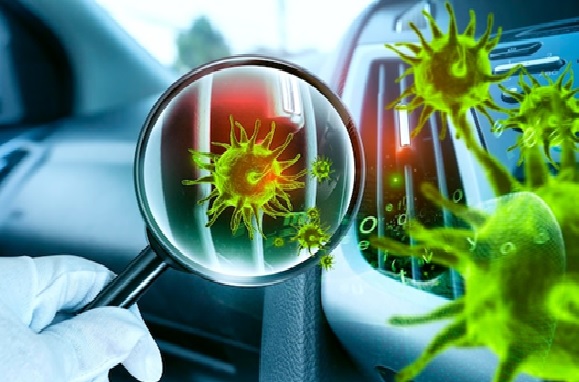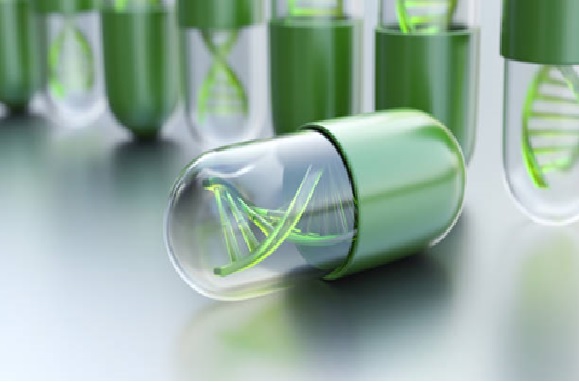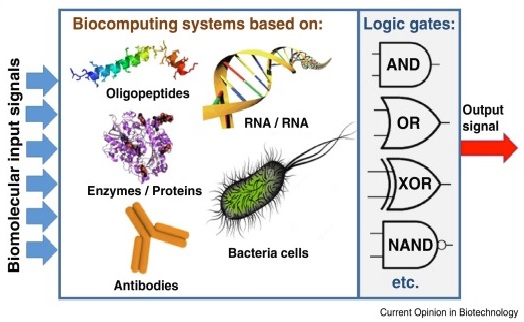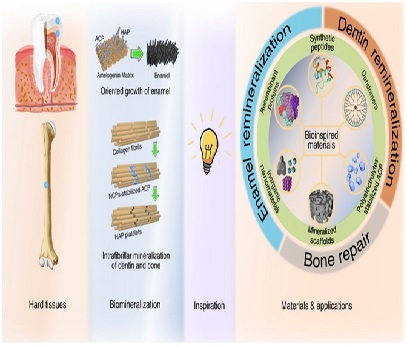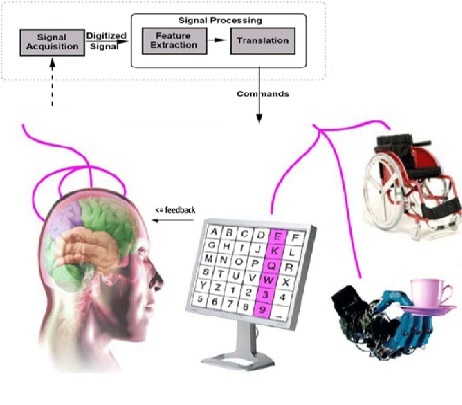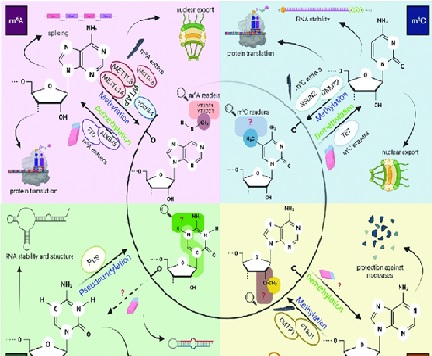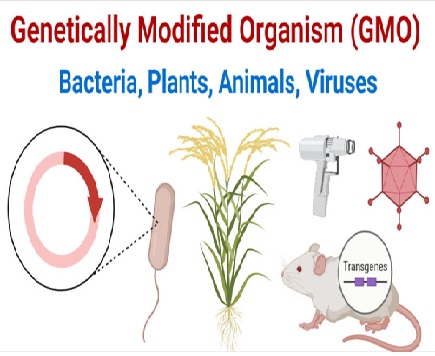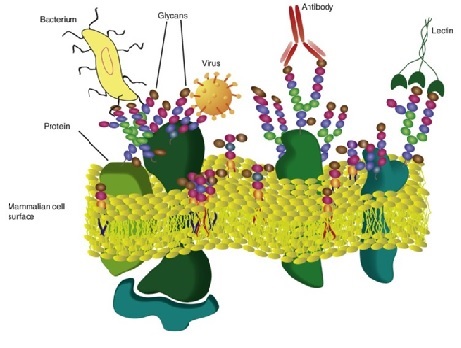Biotechnology and Health Equity
Biotechnology has the potential to promote health equity by improving access to healthcare, reducing health disparities, and advancing health outcomes for marginalized and underserved communities.
Health equity is a global concern in health care. While a US Healthy People 2030 goal is to make health care more accessible to Americans, major gaps remain based on socioeconomic status, race, ethnicity, and geography. A recent Health Equity Innovation Summit on Future Directions in Personalized Medicine, Genomics, and Clinical Care hosted by Texas A&M Health explored this landscape—its challenges and solutions. Featuring healthcare expert panels and speakers that included patient groups, care providers, policymakers, technology companies, and academics, the Innovation Summit discussed policy and practice actions to build networks and collaborations.[1]
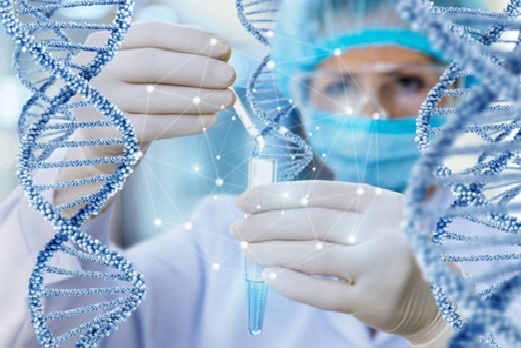
Figure 1. Biotechnology and Health Equity
Figure 1 shows One way in which biotechnology can promote health equity is through the development of new medical treatments and technologies. Biotechnology has already led to breakthroughs in areas such as gene therapy, personalized medicine, and vaccines, which have the potential to improve health outcomes for people around the world, especially those in underserved communities. However, it is important to ensure that these treatments are affordable and accessible to all, regardless of their socioeconomic status or geographic location.
Biotechnology can also contribute to health equity by enabling more effective and personalized healthcare. By analysing genetic data and other biological information, biotechnology can help identify individuals who are at higher risk of certain diseases and develop personalized prevention and treatment strategies. This can help reduce health disparities by tailoring healthcare to the individual needs of each patient, regardless of their background or circumstances.
Another way in which biotechnology can promote health equity is through the development of new diagnostic tools and screening technologies. Biotechnology can help develop low-cost and portable diagnostic tools that can be used in resource-limited settings, enabling more effective and timely diagnosis and treatment of diseases. This can help reduce health disparities by improving access to healthcare for marginalized and underserved communities.
However, there are also concerns that biotechnology could exacerbate existing health disparities and create new forms of inequity. For example, there is a risk that genetic technologies could be used to stigmatize and discriminate against certain groups, such as people with disabilities or those from marginalized communities. It is important to ensure that biotechnology is developed and deployed in ways that are ethical, equitable, and transparent, with meaningful engagement from diverse communities.
Overall, biotechnology has the potential to play a significant role in promoting health equity by improving access to healthcare, reducing health disparities, and advancing health outcomes for marginalized and underserved communities. However, it is important to ensure that these technologies are developed and deployed in a way that is equitable and promotes the health and wellbeing of all members of society.
References:
- https://www.frontiersin.org/articles/10.3389/fpubh.2023.1119736/full
Cite this article:
Janani R (2023),Biotechnology and Health Equity, AnaTechMaz, pp.149


